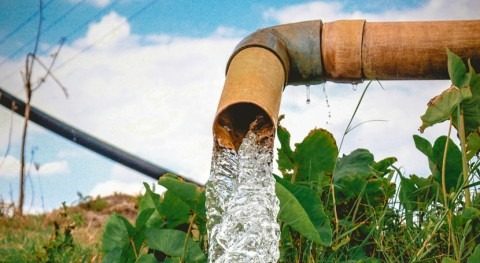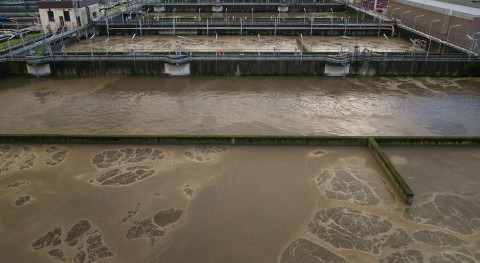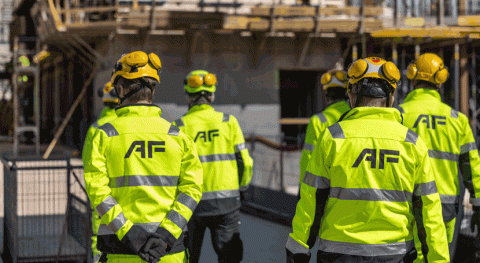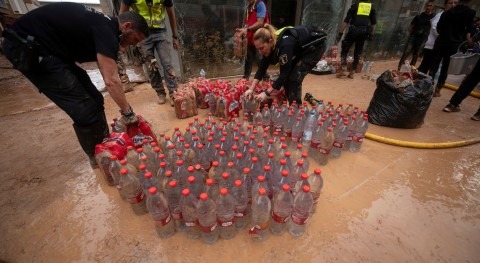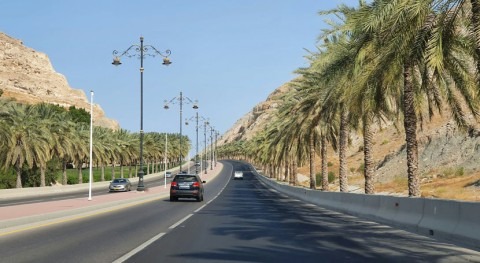Morocco is experiencing one of the most severe droughts in its history, characterized by a drastic decrease in precipitation and a notable reduction in water levels in its reservoirs. This prolonged scarcity situation has had a significant impact on the country, affecting not only the water supply but also agriculture and city water provision.
Moroccan Minister of Infrastructure and Water, Nizar Baraka, has reported that rainfall in the past few months has been 67% below the annual average, and water inflow into reservoirs has decreased by 66%. Furthermore, rising temperatures have exacerbated the evaporation of water stored in reservoirs, further reducing available water resources.
Desalination
Morocco is implementing a comprehensive strategy to address its water crisis, with desalination as a key solution. By 2030, it is expected that 50% of the country's drinking water supply will come from desalination, with a goal of achieving a production of 1,400 million cubic meters. The Casablanca desalination project, developed by ACCIONA, is a prominent example, with an investment of 800 million euros and a daily capacity of 548,000 cubic meters.
Additionally, Morocco has 15 desalination plants in development, including those in Oualidia, Nador, Essaouira, Guelmim, and Al Hoceima. Plans are in place to enhance the capacities of stations in El Aaiún and Safi, where the Safi station currently supplies 60% of the total consumption in El Jadida and is expected to cover 100% of Safi's demand. These desalination plants will operate on renewable energy to reduce the cost per cubic meter of water, and more stations are being planned in coastal cities to alleviate pressure on dams.
Irrigation
In 2023, Morocco's agricultural sector faced considerable challenges related to persistent water scarcity and adverse weather conditions, significantly impacting agricultural production. Persistent water scarcity and unfavorable weather conditions contributed to a decrease in the value added to the agricultural sector, which slowed to 5.2% year-on-year in the fourth quarter of 2023, compared to 6.9% year-on-year in the first quarter of the same year, according to a report by the Higher Commission for Planning (HCP).
This decline in the value added to Moroccan agriculture is primarily attributed to water scarcity, as temperatures were above the seasonal average, negatively affecting crops. Water scarcity also had a negative impact on the production of fruits and vegetables, resulting in a decrease in the volume of agricultural products exported.
By the end of the fourth quarter of 2023, exports of small vegetables decreased by 16.8%, tomatoes by 25.9%, strawberries by 29%, and melons and watermelons suffered a staggering drop of 61.5%.
This situation underscores the critical importance of addressing sustainable water management in Morocco's agricultural sector to ensure food security and the country's economic development.
Stay updated on this country's news at https://www.smartwatermagazine.com/morocco




